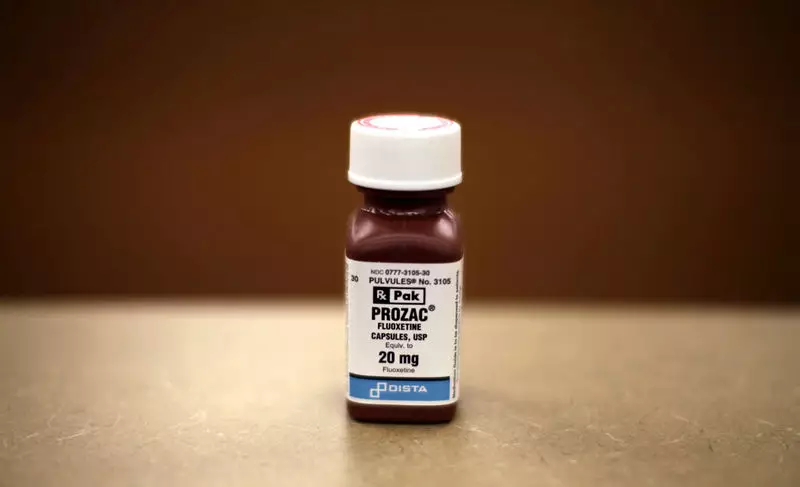Eli Lilly recently announced a significant increase in its annual sales forecast due to explosive demand and increased manufacturing capacity for its weight-loss drug Zepbound. This development has driven the company’s shares to rise nearly 6% in value.
The company expects to see substantial production increases in the second half of the year for its obesity treatment and related diabetes drug Mounjaro. The high demand for these medications has resulted in most doses being in shortage. CEO David Ricks mentioned that the top priority for the company is to produce more product. Despite pulling out all the stops to increase production, there is a significant lag time.
To address the shortage issue, Lilly has taken several steps to ramp up production. The company recently acquired a manufacturing facility from Nexus Pharmaceuticals to produce injectable medicines. Additionally, it has initiated construction at its $2.5 billion manufacturing site in Germany and expects its Concord, North Carolina site to start producing Zepbound and Mounjaro by the end of the year.
The skyrocketing demand for Mounjaro and Zepbound has led to a surge in Eli Lilly’s market value, surpassing companies like Tesla and Walmart. The weight-loss market is projected to reach $100 billion by the end of the decade, driving both Eli Lilly and its rival Novo Nordisk to increase production to meet the growing demand.
Both Eli Lilly and Novo Nordisk are focused on obesity treatments belonging to a class of drugs known as GLP-1 agonists, originally developed for diabetes. These drugs have shown promising results in helping patients lose weight, with some losing up to 20% of their body weight.
The strong demand for Zepbound and Mounjaro has propelled sales for Eli Lilly. Zepbound reported first-quarter sales exceeding analysts’ expectations, while Mounjaro sales increased significantly compared to the previous year. Despite the growth, total prescriptions of Zepbound are still trailing behind Novo Nordisk’s weight-loss drug, Wegovy.
As a result of the increased sales forecast, Eli Lilly has raised its revenue projections for 2024. The company now expects revenue between $42.4 billion and $43.6 billion, up from the previous range. Additionally, the annual profit forecast has been raised by $1.30 per share. Eli Lilly also reported an adjusted profit that exceeded analysts’ expectations.
Eli Lilly’s decision to raise its annual sales forecast reflects the surging demand for its weight-loss drugs and the company’s efforts to expand its manufacturing capacity. With the obesity market growing rapidly, Eli Lilly is well-positioned to capitalize on this opportunity and drive further growth in the coming years.

